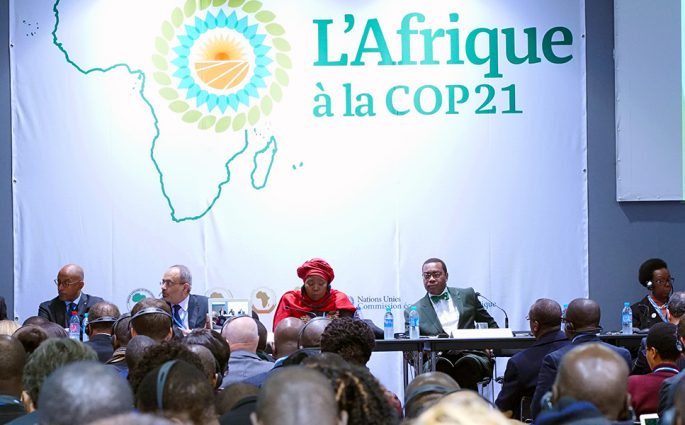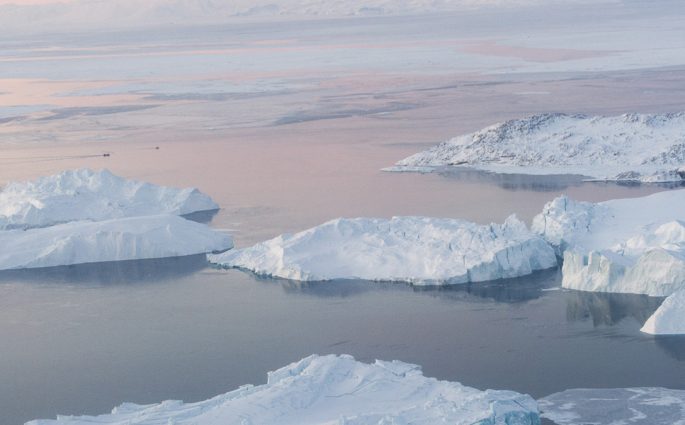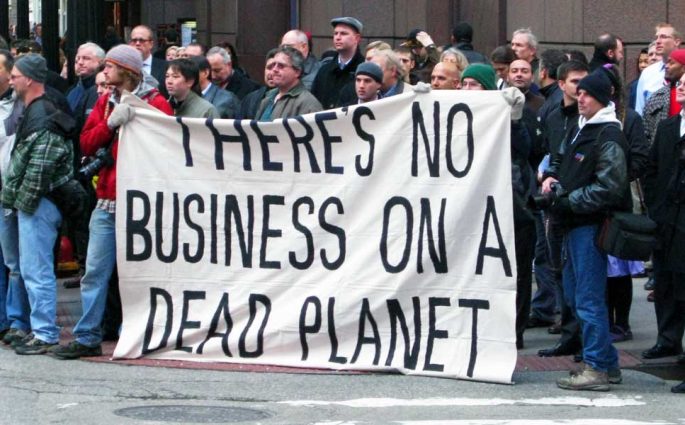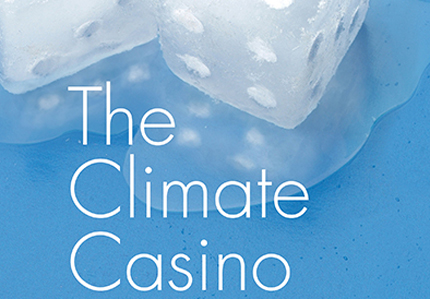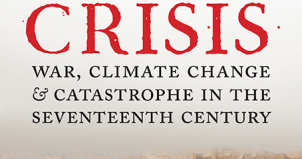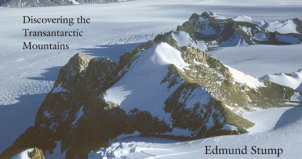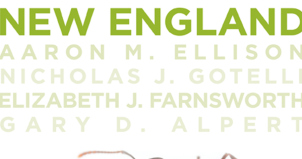“It’s the Climate, Stupid.”
Geoffrey Parker— Once upon a time, climate change was a hot topic. In 1979 the World Meteorological Organization (WMO), the United Nations Environment Programme, the National Science Foundation, the Ford Foundation and the Rockefeller Foundation paid for 250 historians, geographers, archaeologists and climatologists from thirty countries to share their expertise


